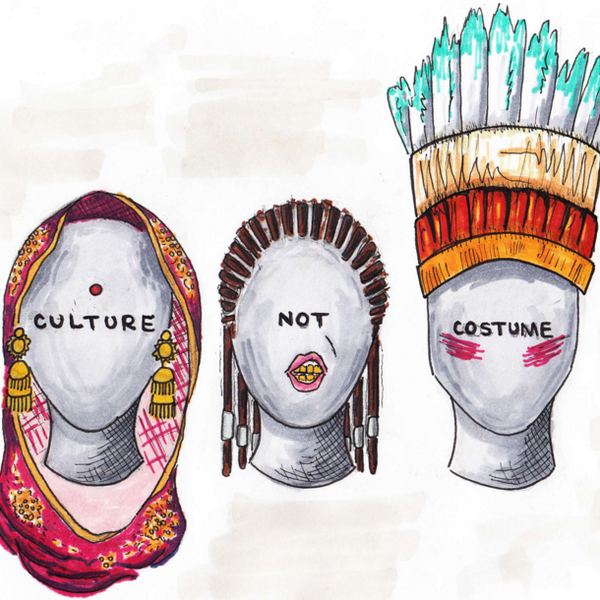One of the most frustrating things for me when dealing with other people these last couple of years has to do with politics. No, it is not the fact that I am extremely frustrated with the way the U.S. is going (and I am), nor is it people who disagree with my personal views. It is those who don't seem to have an opinion at all. I am only 19, so it has been in the last three or four years that I have become even somewhat interested in politics and only in the last year that I have really looked into what opinions I have and why. What I find to be interesting (and frustrating) is that many other people my age don't seem to be doing that as well. I have talked to a lot of people who simply say that they either don't know much about politics or try not to get involved with politics. I find this lack of interest and knowledge to be a bit troubling.
I grew up in a Christian household, and I have attended church for almost my entire life. One of the main messages I was taught was "if you don't stand for something, you might fall for anything", which is a very popular quote of uncertain origin. In my church, it was the idea that if one didn't know that they believed in Christ and why, it would be much easier for them to be tricked by the devil and fall into sin. I think the same idea applies to political views: if you don't decide on a stance and know why, it will be easy for you to be swayed by others who may or may not be right. Without your own opinion, the opinions of those around you will take the vital spot of self-thought.
In today's world of constant ongoing communication and social media, it can be difficult to filter out the voices and opinions of everybody else in the world. Think of your Facebook feed - How many times do you check your phone or computer to read the latest posts from all your friends and acquaintances? Each time you see a new post, you are receiving new information and new perspectives on topics. Do you think those posts affect your opinion on important issues? As a psychology student, I can tell you that your brain picks up on a lot more than you would think; especially when it comes to patterns and repeated content. So, even if you don't remember the headline or post that you just read, it is probably affecting you in some way or another.
Let's get down to the point: Elections are coming up in a few months. How do you know who to vote for or not? Is it whoever your parents are voting for? Is it who your friends are voting for? Is it whoever seems to be the most popular with social media? Or maybe it is simply the candidate that falls within whichever party you claim to be a part of. None of these are great reasons to vote for anyone. I am not going to press you to vote for one candidate or another. I want to urge you to do your own research and to get yourself involved. I don't mean that you have to read up on the entire history of the U.S.A. and join a politically charged group. I simply encourage that you should have a solid understanding of the main social and political issues of this time (think gay marriage, abortion, free college, socialism, etc), and make an educated stance on the subject.
From there, it should be easy to determine who you should vote for.





















